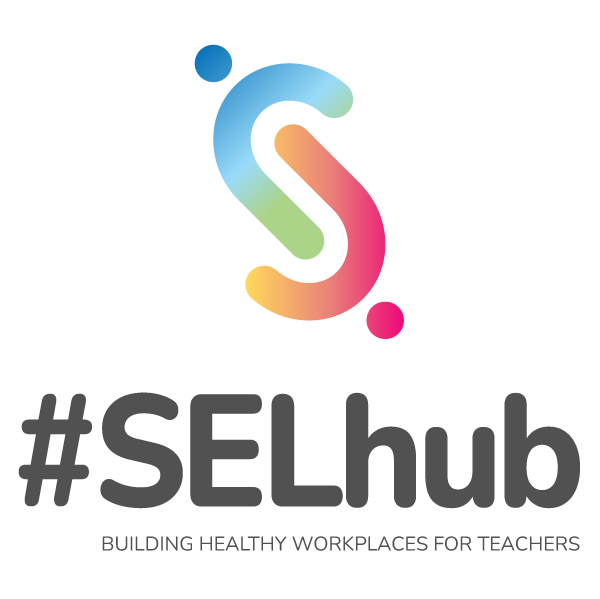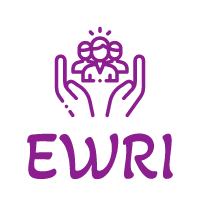#SELhub: Promoting social-emotional learning, self-care and positive leadership in professionals of education
Investigadora Responsável
Teacher burnout is a significant psychosocial, educational, organizational & economic challenge worldwide that has been aggravated by the COVID-19 pandemic. Impacts have been reported on teachers’ occupational health/wellbeing, job satisfaction, and performance, as well as on the quality of the learning environments. Hence, contributions to prevent teacher burnout have been receiving more attention by policy makers globally, as investing in occupational health can have a return on investment of 5 times the investment, and teaching is becoming unattractive with many OECD countries facing a shortage of new teachers and high turnover rates. Yet, an emphasis has been placed on some individual-level variables (as optimism), leaving the impact of other individual (e.g., self-care) & contextual variables (as job resources, e.g., leadership practices) overlooked. This project intends to investigate teachers’ needs regarding personal & job resources and whether teachers’ and the leadership team’s perceptions of personal/job resources needs are concordant. It also investigates how personal and/or job resources relate with teachers’ occupational health/wellbeing. Lastly, it proposes to investigate how a digital platform based on a Social-Emotional Learning (SEL) approach for teachers and their leaders, can foster teacher wellbeing and performance. Study 1 employs a sequential explanatory design to assess the perceptions of teachers and leaders regarding personal and job resources. Participants will complete a survey, followed by focus group discussions with teachers and individual interviews with leaders to enrich the quantitative data. Study 2 adopts a quantitative design with teachers to examine the relationship between personal and job resources and teachers' occupational health and wellbeing. Study 3 involves developing and testing the #SELhub digital platform to promote a positive school culture and enhance teacher wellbeing and performance, through an experim...
Percepções de exploração nas relações de trabalho: Impacto na saúde e comportamento dos colaboradores
Investigadora
Perceived exploitative working relationships are not a problem of a bygone era nor are they confined to developing countries, but rather the current pandemic spotlights how organizations are treating their employees as survival becomes the imperative. At what cost? Maria Grazia Giammarinaro (U.N. special rapporteur) reports that “the abuse of vulnerable workers - such as those deemed as essential - had increased “alarmingly” due to COVID-19, leaving many facing starvation and forced to accept exploitative conditions” (Reuters, July 30, 2020). Moreover, last year, the World Health Organization (WHO) and International Labor Organization (ILO) concluded that long working hours kill hundreds of thousands of people a year from stroke and ischemic heart disease. Combined with the increasing use of new forms of work, outsourcing, technology advancements, less legal regulation, COVID-19 has added fertilizer to ripening conditions for organizations to exploit its employees.
Consequently, this fast-paced and uncertain context coupled with the ongoing COVID-19 situation fuels a conductive environment for organizational mistreatment – organizations acting malevolently towards their employees in order to survive or thrive. One of these forms of organizational mistreatment is organizational exploitation. Drawing on seminal works in political economy and sociology, recent literature defines exploitation as employees' perceptions that they have been purposefully taken advantage of in their relationship with the organization to benefit the organization itself. Specifically, these perceptions of exploitation include: the organization uses and mistreats the employees, forces them into a contract that solely benefits the organization, does not compensate them adequately despite expecting employees to go to work at any time, does not provide job security and can dismiss employee at its convenience, uses employees’ ideas without asking or acknowledging and, does not care if it harms ...

 English
English



